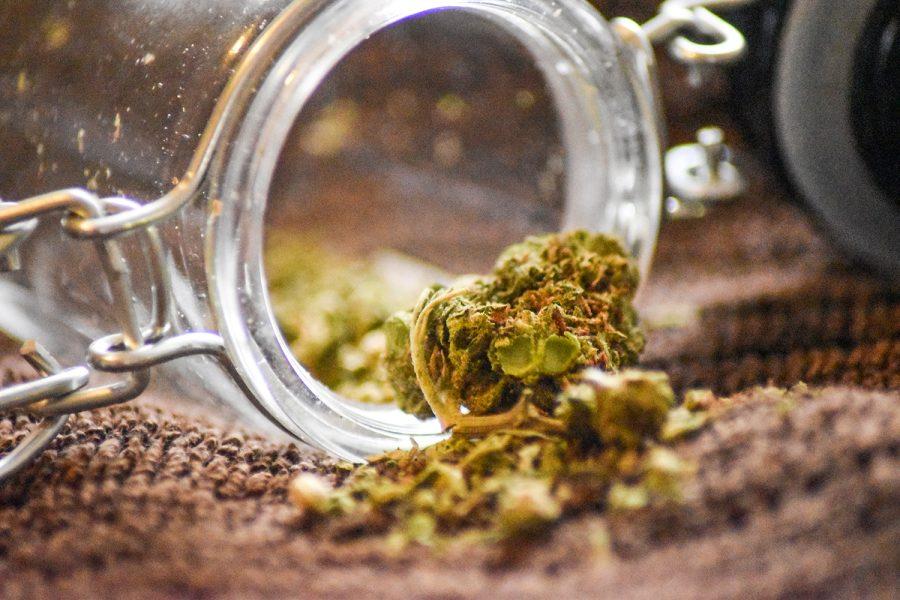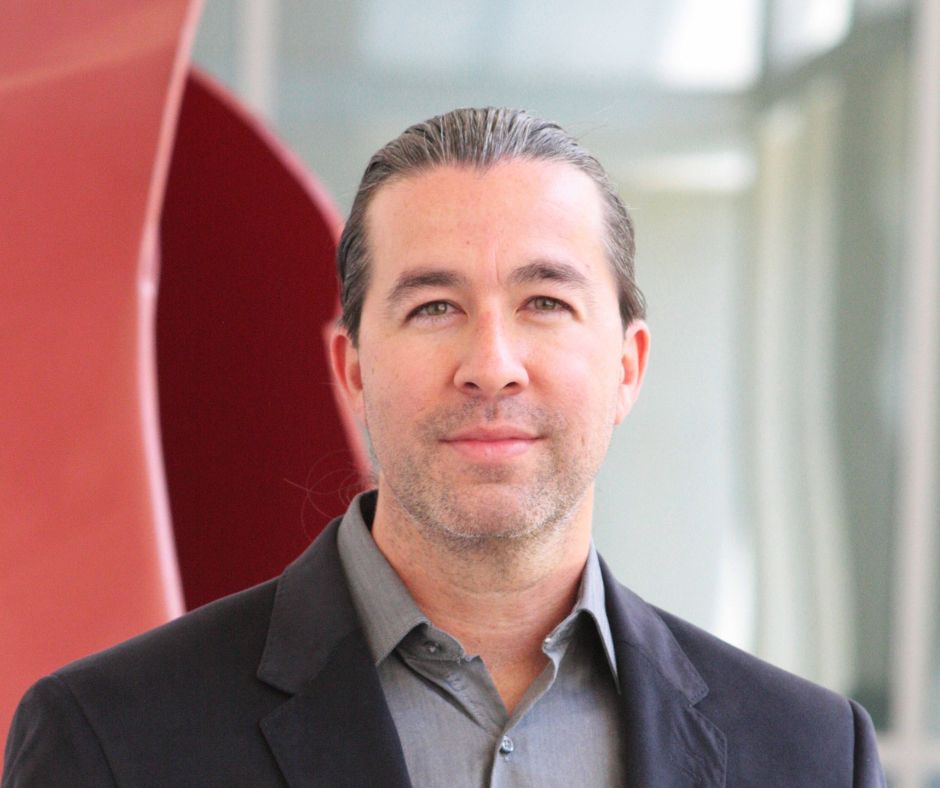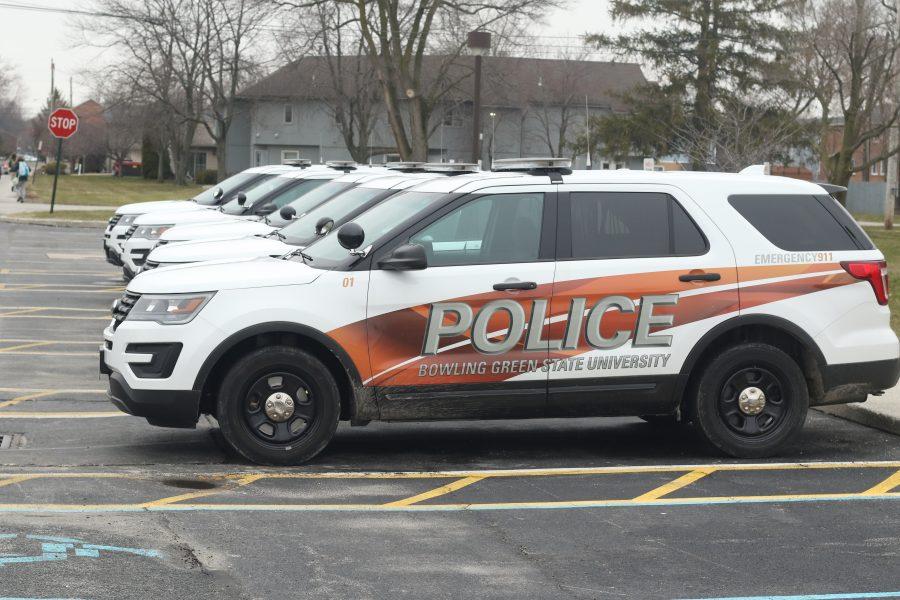Terry Engelder sees fracking as a necessary evil.
“Energy drives the economy, fracking provides the energy, so the American lifestyle depends on it,” Engelder said.
With roughly two weeks before an election that will decide whether to put a fracking ban on the city charter, Engelder was chosen to lecture at the University on Thursday night to provide a more objective view of the issue. A crowd of roughly 50 students, faculty and residents attended.
“With the present concerns of fracking, we’ve heard close to a one-sided debate on fracking,” said Charles Onasch, director of the School of Earth, Environment and Society, referring to the petitioners who got the amendment to ban fracking on the ballot.
Engelder, a professor of geosciences at Pennsylvania State University, estimated the Marcellus Shale had larger gas reserves than thought. He recommended companies drill vertically and expand exploration, enacting a gas boom in Pennsylvania and eastern Ohio, Onasch said as he introduced Engelder.
During his lecture, Engelder, a professor of geosciences at Pennsylvania State University, addressed fracking myths and the need for fracking.
“It’s the oil that drives your economy,” he said. “If you cut that out, by banning fracking, you will eliminate jet fuel and diesel, which fuels large boats. Without transportation, there’s no commerce.”
While Engelder acknowledged a push by governments for sustainable resources such as solar and wind power, he said the problem is that those sources produce different amounts of power throughout the day that aren’t compatible to the demand.
“The only way to make renewable energy viable is to have a power source to turn on and off very fast, and that is natural gas,” Engelder said. “There are a lot of misperceptions [about fracking]. The important thing is that this is an industry with risks … and I would argue that the rewards are worth the risks.”
Some of the risks have been seen as water contamination, which Engelder delved into with examples in Pennsylvania.
When a concentration of methane blew up a water pump housing unit in Dimock, Penn., in 2009, it started the fracking debate, Engelder said.
The water pump was within 1,000 feet from a hydraulic fracking site, which may have caused a build up in methane in the well, he said.
Methane, which is in the ground naturally, can be moved toward aquifers by air blasts caused by fracking or it can naturally seep up to ground level, Engelder said.
“When it comes to fracking, it is very, very difficult to tell what is true,” he said.
Engelder’s lecture caused a debate among students, who claimed his data was ultimately funded by the Koch brothers, who are involved with oil and gas industries.
It shouldn’t matter who funded it, it’s real data that people can discuss what to do in the future, Engelder said.
Though his lecture caused debate, some students came out of it more enlightened.
“He did a very good job filling questions and showing disparities between disinformation out there,” said sophomore Tiffany Taylor, who supports fracking.
In regards to the current debate in the city with the fracking ban amendment, Taylor said the effort is unnecessary.
“I don’t think it will make a difference either way,” she said.
When Engelder came to speak at the University, he said he was made aware of the issue in the city. No member from Protect BG, the petitioners who got the amendment on the ballot, attended the lecture.
“A lot of people want to influence energy policy,” Engelder said. “That’s one way to do it.”
As people go to the polls on Nov. 5, Onasch wants people to consider the facts.
“I hope people remain objective and evaluate it objectively on both sides with real data and not emotions,” he said.





















